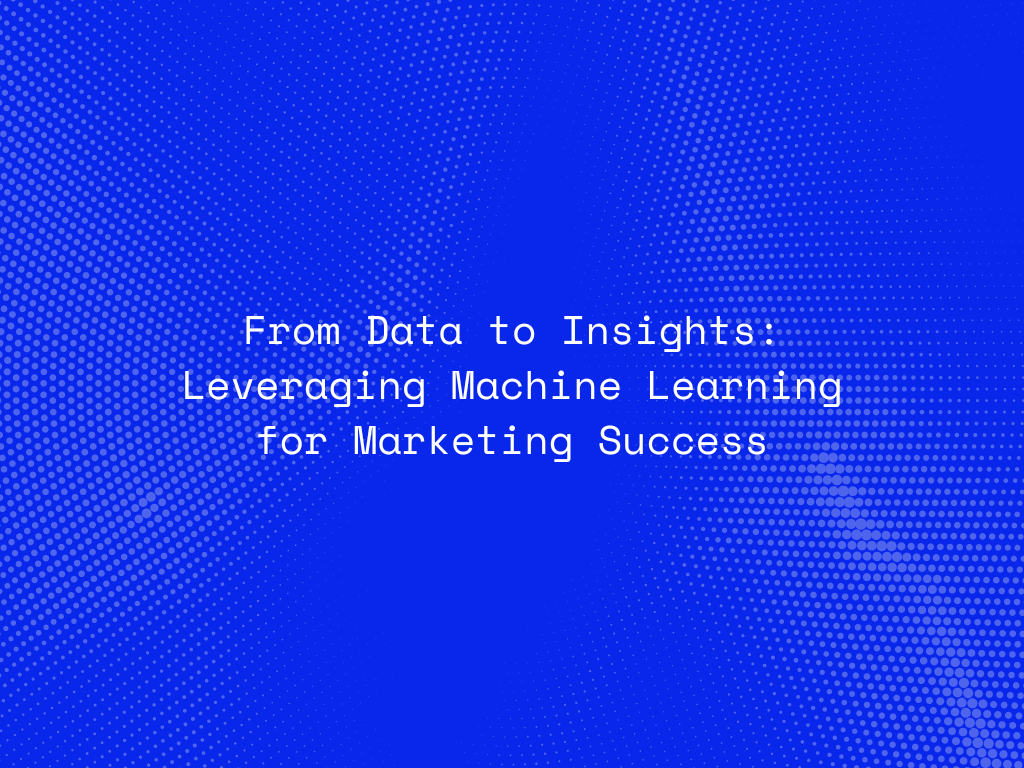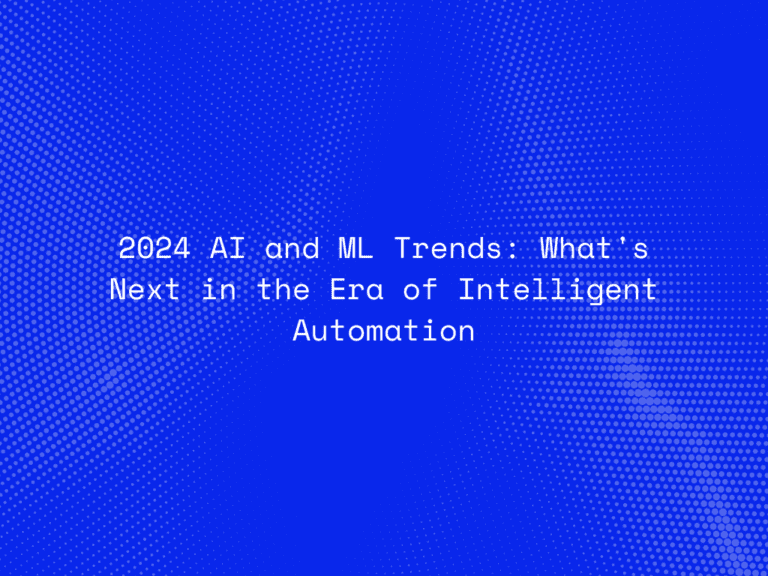Marketers constantly strive to turn mountains of data into valuable insights that drive informed decision-making and successful campaigns. Emerging technologies powered by machine learning (ML) are playing an increasingly influential role in transforming the marketing landscape, turning raw data into goldmine insights. This blog highlights the power of machine learning for marketing success and introduces various applications ripe for leveraging.
Predictive Analytics
Predictive analytics uses statistical algorithms and ML techniques to identify patterns and predict future outcomes based on historical data. Marketers rely heavily on predictive analytics to estimate purchasing probabilities, identify potential threats, and foresee profitable opportunities. Such predictions can lead to better resource allocation, enhanced customer retention, and increased revenue streams.
Customer Segmentation
Segmenting audiences into distinct groupings helps marketers tailor messages and campaigns specifically for each subset. Cluster analysis, a popular ML technique, sorts consumers into naturally occurring segments based on their behaviors, attitudes, motivations, and needs. Accurately partitioning audiences leads to improved targeting and higher conversion rates.
Personalization
Personalization goes beyond merely inserting a recipient’s name in an email template. Modern marketers seek to create bespoke experiences for each customer, presenting them with relevant content, promotional offers, and CTAs. ML-enabled recommendation engines study consumer habits, browsing history, transactional data, and other factors to suggest highly targeted products or services.
Automation
Automating redundant and time-consuming marketing tasks saves valuable resources and improves overall efficiency. ML-powered automation tools, such as chatbots, can qualify leads, respond to FAQs, schedule appointments, and send reminders. This allows marketing teams to concentrate on high-value tasks while providing instantaneous, satisfying customer experiences.

Natural Language Processing (NLP)
NLP, a subset of ML, focuses explicitly on teaching computer programs to understand human language. Tools infused with NLP can process and analyze vast quantities of text-heavy data, deriving emotions, sentiments, and intent. Brands use these insights to gauge customer satisfaction, identify influencers, track brand mentions, and monitor competitor activity.
Sentiment Analysis
Sentiment analysis, a facet of NLP, determines the positivity or negativity of language. Social media posts, online reviews, survey responses, and other user-generated content contain valuable feelings waiting to be mined. Detecting shifts in consumer sentiment assists companies in responding appropriately, altering course, or doubling down on winning tactics.
Conversion Rate Optimization
Optimizing conversion rates is instrumental in converting passive visitors into loyal customers. ML-based AB testing tools can randomize variations and assign probability distributions, determining winners and losers far quicker than traditional A/B testing methods. This speeds up learning cycles, accelerates time-to-market, and improves bottom lines.
Embracing machine learning in marketing offers limitless potential for transforming data into actionable insights. By staying abreast of emerging trends and investing in ML-powered tools, marketers position themselves to thrive in an era marked by fierce competition, skyrocketing customer expectations, and constant disruption. Now is the perfect time to begin harnessing the power of machine learning to catapult your marketing endeavors to newfound heights.




